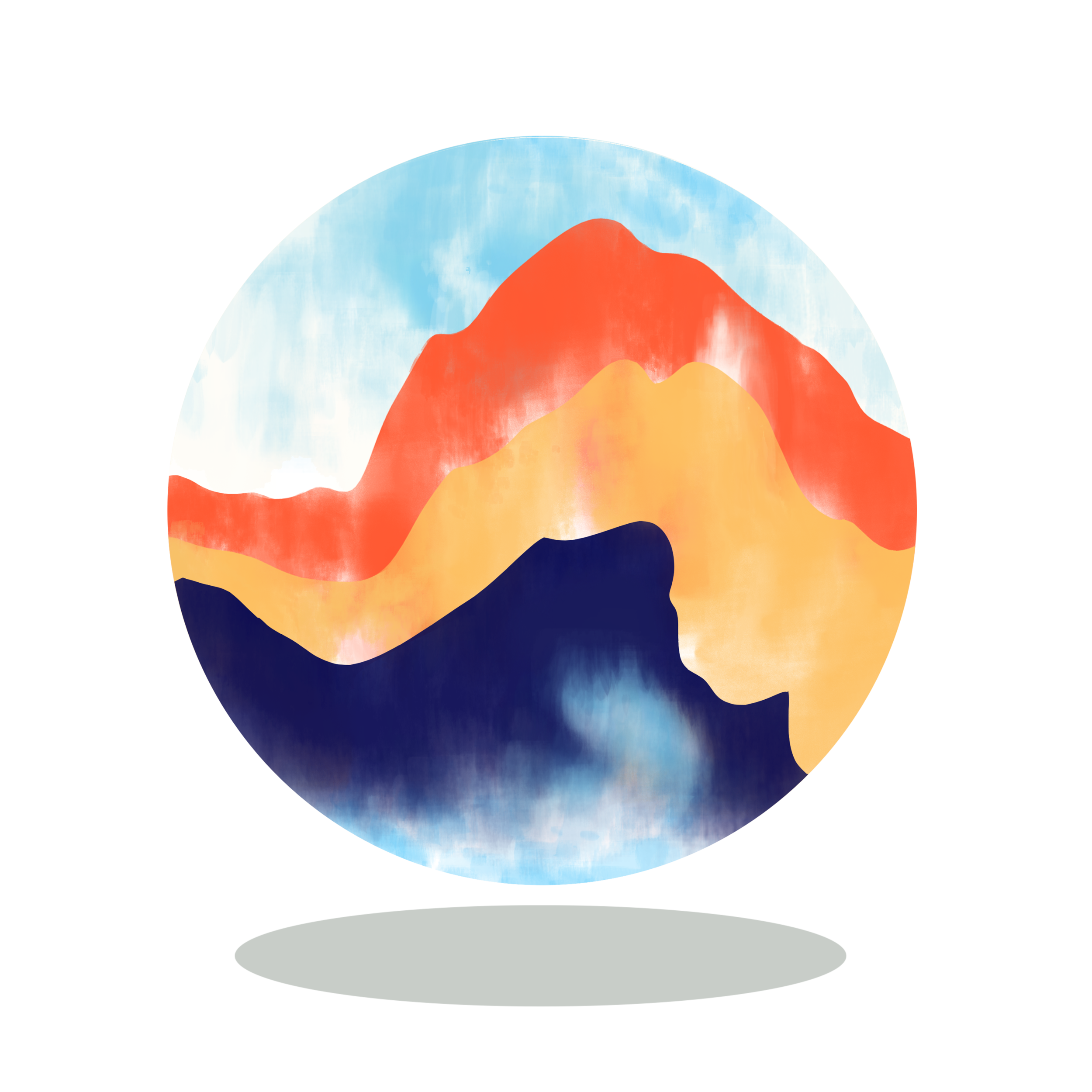Ways of Knowing
An audio show about the humanities
Season 6: Ways of Knowing 2
A follow up series to introduce different analytical methods and disciplines in the humanities. The season is once again produced in partnership with University of Washington.
Episode 1: Digital Humanities – The Digital Humanities is about applying the analysis of large sets of data in fields that aren’t typically known for using such methods, like English, or Philosophy, or Comparative Literature––using digital tools to study humanistic material allows access to the humanities that would otherwise not be possible. With English and Data Science professor Anna Preus.
Episode 2: Paratext – The paratext is anything outside of the text, from the material aspects and design to the way the book is marketed, reviewed, and read. All media has paratext, things outside of the actual content that influence our understanding and experience of it. You can never totally get around paratext, only learn how to be aware of it and try to understand how it is working on you. With French professor Richard Watts.
Episode 3: Ge’ez – The study of a Classical languages in itself as an intellectual exercise is important for critical understanding. It teaches you historicity. As a part of your education it can make you a more well-rounded thinker, because it is not something that has this immediate kind of pragmatic businessy use, it’s something that is purely an intellectual exercise. With professor of Middle Eastern Languages and Cultures Hamza Zafer.
Episode 4: Global Disability Studies – Every cultural value is a construct. In the West, living independently is seen as a good thing, whereas in other cultures living with your family, no matter the age, is what’s valued. This can come into contradiction in a field like Disability Studies, which has a heavy Western bias. If you have a discipline that is narrowly defined then you’re only able to capture one experience, and you exclude all the others. That’s a problem. With professor of International Studies, as well as law, societies and justice––Stephen Meyers.
Episode 5: Abstract Pattern Recognition, or Mathematics – Math, like the humanities, requires one to learn how to identify patterns, and then come up with a compelling story about them. There is creativity both in how one searches for patterns, but also how one explains and communicates about them…an endeavor that often requires mathematicians to draw on the power of comparison…metaphor. With Professor of Math and the Comparative History of Ideas, Jayadev Athreya.
Episode 6: Sound Studies – In our visually dominated culture, sound is often neglected. We are far less practiced at paying attention to what we hear as opposed to what we see. Sound Studies aims to draw attention to this disparity, and recenter the importance of the auditory. Vision may be the hegemonic sense, but there is much to learn if we shift our focus to the ears instead of the eyes. With professor of Cinema and Media studies, Golden Owens.
Episode 7: Glitches – Whenever something goes wrong, there’s always a reason. Errors, mistakes, glitches…these are all sites for inquiry. Learning how to spot and analyze these kinds of aberrations can help us understand the inner workings of what is around us and also how humans have been removed from a process by automation. This kind of analysis is especially vital in the digital age, a time where the material nature of things is increasingly hidden from us. With professor of Cinema and Media studies, Mal Ahern.
Episode 8: Ethics of Technology – To treat any new technology or innovation as an example of progress is clearly flawed: brain computer interfaces aren’t de facto good: some aspects of them are extremely beneficial, others seem potentially nightmarish. The Ethics of Technology aims to uncover all the possible consequences of a new tech on human beings and society, and above all to protect against the misuse of technology. With professor of Philosophy Sara Goering.
